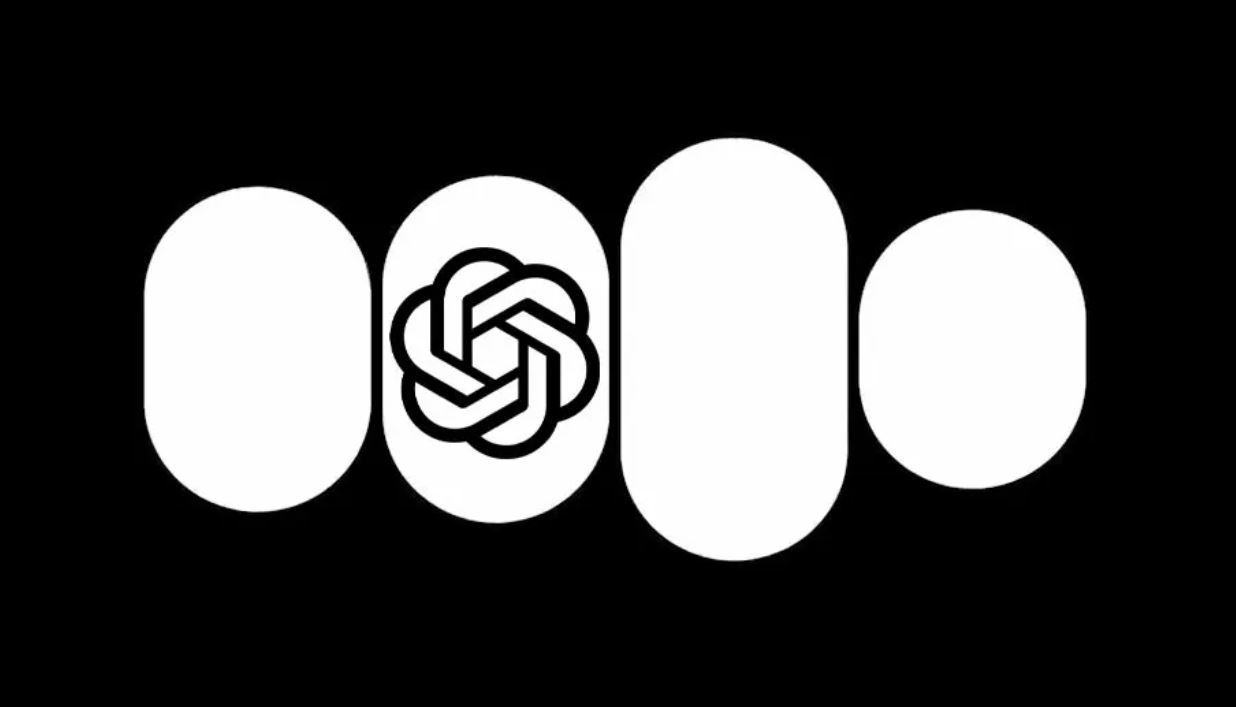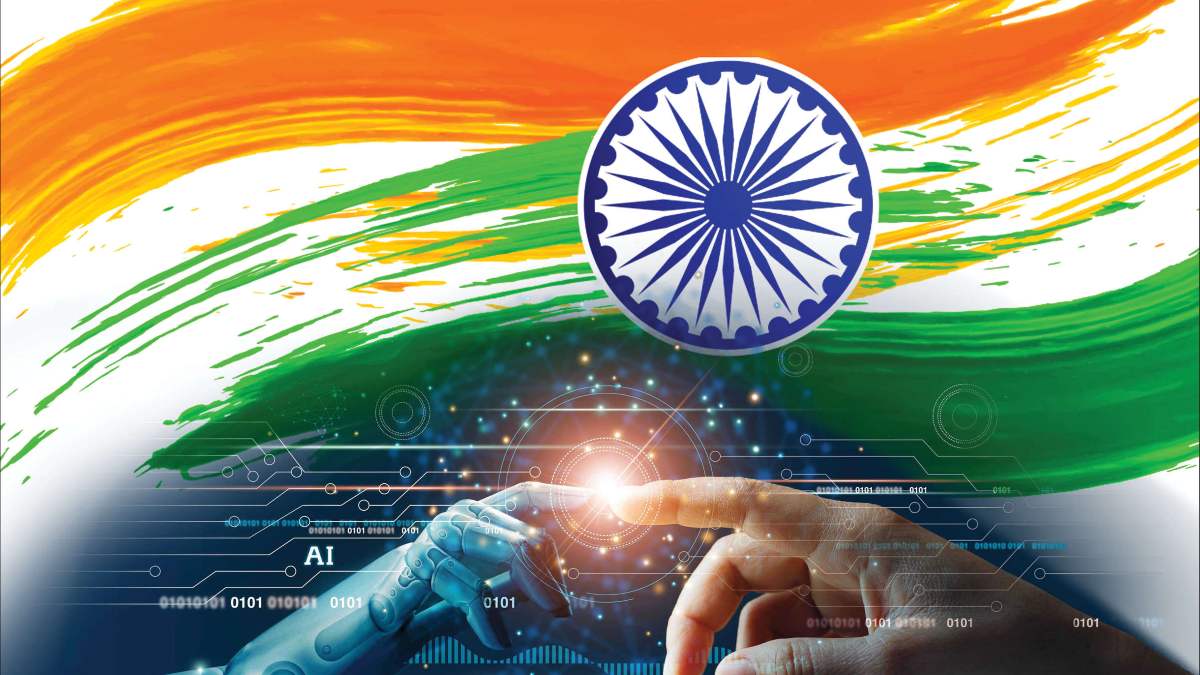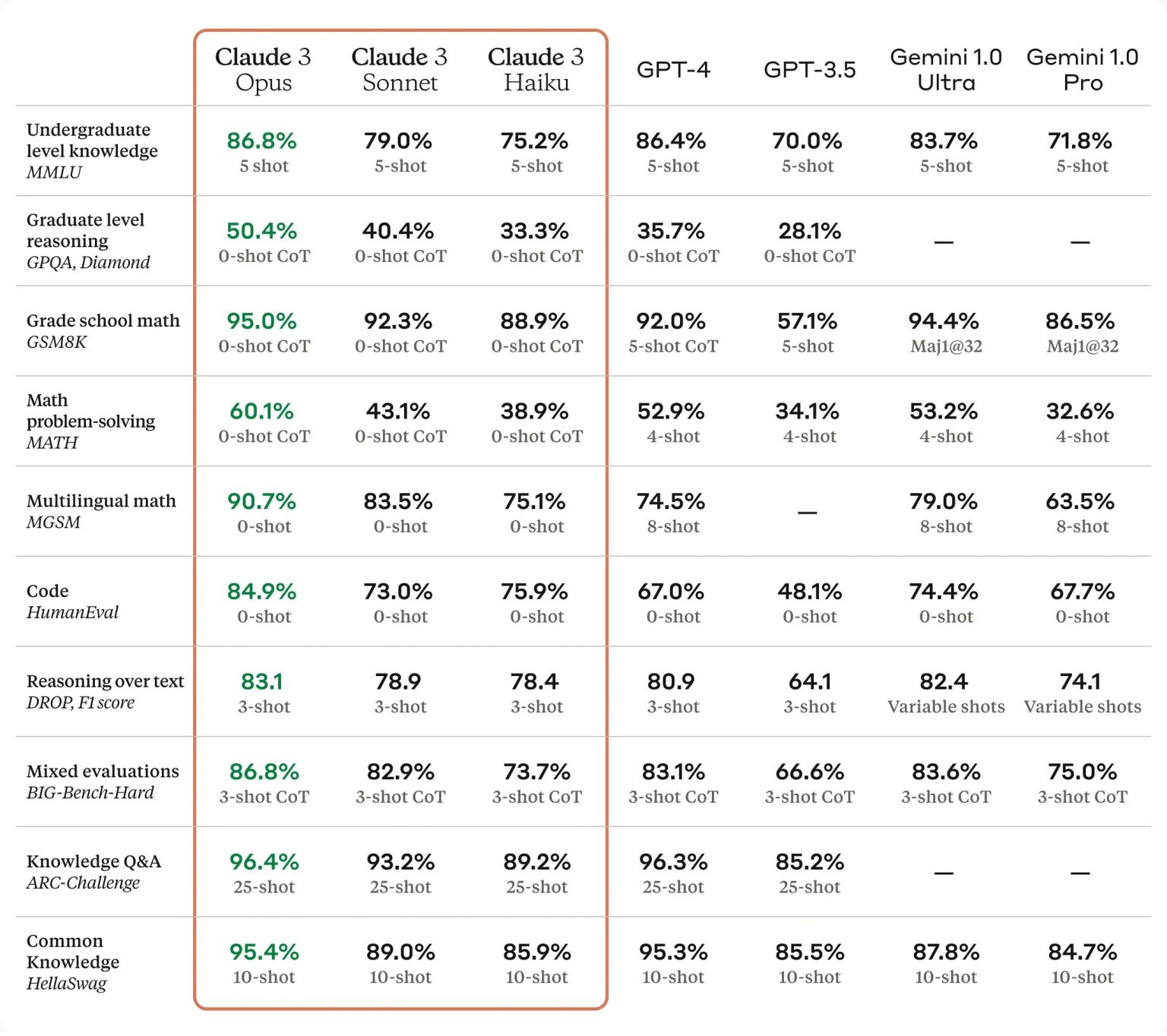OpenAI has been working on an exciting new project that is set to revolutionize the world of voice technology. We will delve into the details of this project and explore why it is likely to be a game-changer. From trademarks to insider information, we will uncover all the evidence that points to the potential release of OpenAI's voice engine. If you're excited about the future of voice technology, then this blog is a must-read!
Trademark and Release Date
One of the first clues that led us to the discovery of OpenAI's voice engine project is the recent trademark filing. On March 19th, OpenAI filed a trademark for "voice engine," indicating that a voice-related product is in the works. While the exact release date remains unknown, Sam Alman, an OpenAI representative, confirmed in a recent interview that they will be launching multiple products later this year. With the trademark filing and the confirmation from Alman, it is highly likely that this project will be unveiled in the near future.
Description of the Voice Engine
The trademark description provides further insights into the nature of OpenAI's voice engine. It mentions voice and speech recognition, processing commands, and converting between text and speech. This suggests that the project could be a voice integration software that allows users to interact with AI systems using their voice. It could also enable the generation of lifelike speech and the building of digital voice assistants. The potential applications of such technology are vast and exciting.
Insider Information
Insider information from former OpenAI employees has shed more light on the project. Andre Karpathy, who used to work at OpenAI, mentioned in his bio that he was building a kind of JARVIS at OpenAI. JARVIS is an AI assistant from the Iron Man movie that can perform various tasks through voice commands. This hints at the possibility of OpenAI developing an advanced personal assistant that surpasses existing voice assistants like Siri.
Another source of insider information comes from a former Google employee who stated that OpenAI will release "the best personal assistant ever built." This tweet, which predates the trademark filing and rumors, suggests that the project is highly anticipated within the industry. While we should approach such tweets with skepticism, they align with the evidence we have gathered so far.
Potential Physical Product
There is speculation that OpenAI might release a physical product alongside their software. While OpenAI is primarily a software company, their collaboration with individuals from Apple, who have experience in AI hardware, hints at the possibility. A physical device could allow users to interact with the voice engine more seamlessly and open up new possibilities for integration into daily tasks. However, it is important to note that this is just a speculation at this point.
Realistic Voice Generation
OpenAI's voice engine already demonstrates impressive capabilities in terms of generating realistic voices. Figures from OpenAI's Whisper software showcase the lifelike nature of their voice technology. Furthermore, the use of AI models to generate responses in a human-like manner, as demonstrated in the chat GPT app, indicates the potential for highly realistic voice interactions. The future of voice technology looks incredibly promising with OpenAI leading the way.
Conclusion
OpenAI's new voice engine project holds immense promise for the future of voice technology. From the trademark filing to insider information and the potential for a physical product, all signs point to an exciting development in the works. With OpenAI's dedication to pushing the boundaries of AI technology, it is no surprise that their voice engine could be the next big thing. Stay tuned for updates on this groundbreaking project and get ready to experience voice technology like never before!





